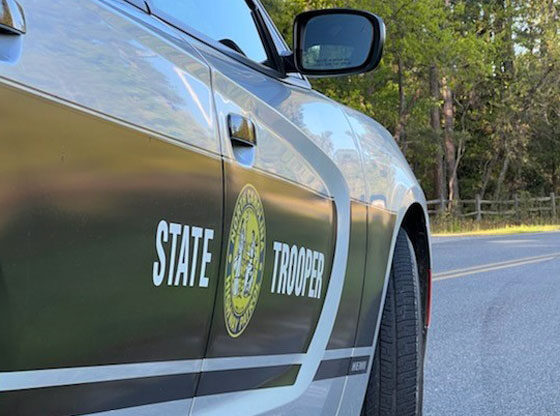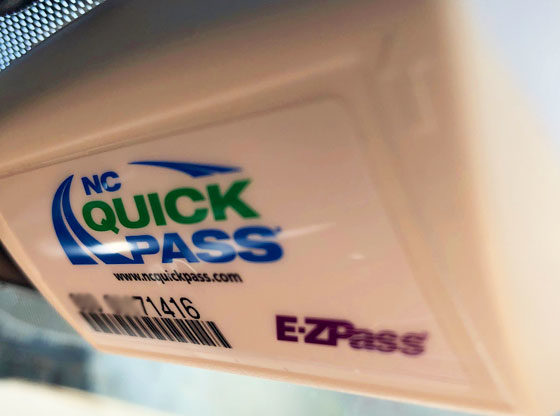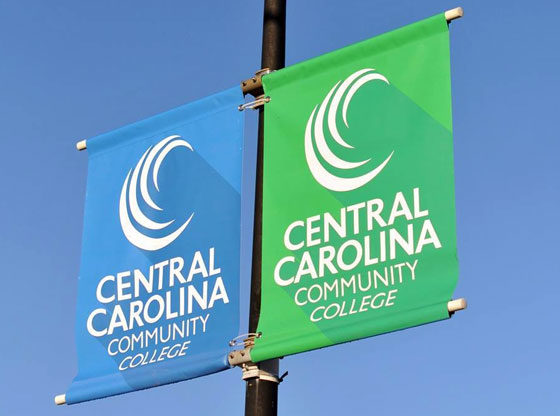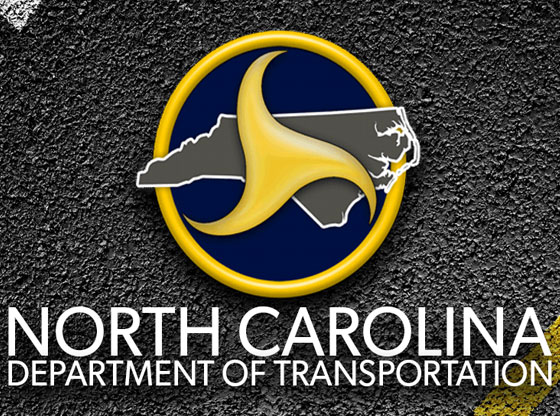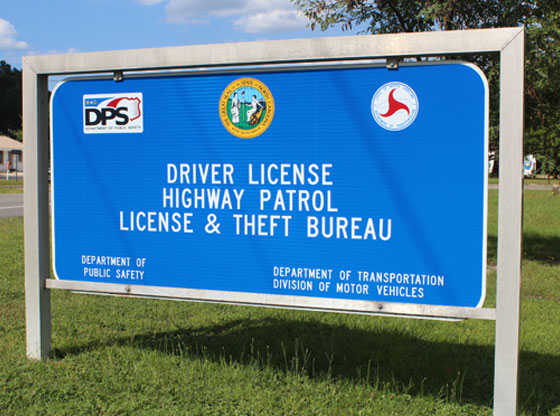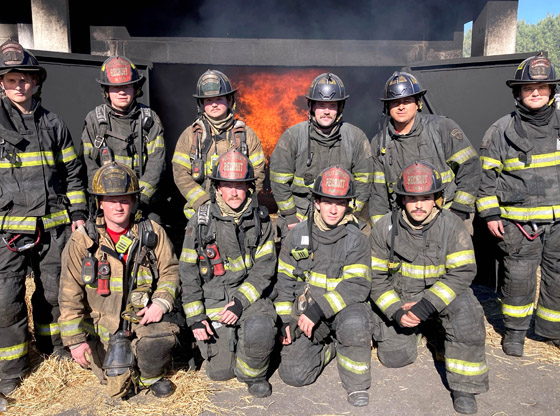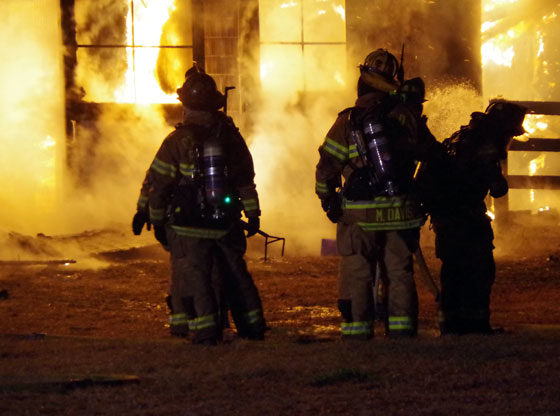Every day, North Carolina law enforcement officers and other first responders take to the streets to keep people safe. And every day, they put their lives at risk to do so. One of the most dangerous parts of a first responder’s job is stepping out on the side of the road, whether it is for a traffic stop, to assist a motorist, or to investigate a crash.
That’s why, from May 6-8, the N.C. Governor’s Highway Safety Program (NCGHSP) is partnering with the North Carolina State Highway Patrol and National Highway Traffic Safety Administration (NHTSA) to remind motorists to Move Over or Slow Down for stopped emergency vehicles during NHTSA’s “Move Over, It’s the Law,” safety campaign. In addition to media outreach and social media, motorists will also see highway messaging signs reminding them of the law.
“Since 2017, there have been 149 law enforcement officers killed in traffic-related incidents across the nation, including in North Carolina. We implore everyone to do their part to keep our officers and other first responders safe as they work to help motorists on our roadways. Move over if you see a stopped emergency vehicle, and if you can’t move over, slow down as you pass them,” said Colonel Freddy Johnson Jr., commander of the NC State Highway Patrol.
“This isn’t just being a good citizen or polite driver – it’s the law in North Carolina,” said NCGHSP Director Mark Ezzell. “Motorists can face a $250 or more fine for failing to obey it.”
Move over laws are in place in all 50 states. When North Carolina’s law was passed in 2002, it directed motorists to change lanes or slow down when passing a stopped emergency vehicle with flashing lights on the roadside.
In 2012, the law was revised to include “public service” vehicles. Public service vehicles are any vehicle used to assist motorists or law enforcement officers with wrecked or disabled vehicles or is a vehicle being used to install, maintain or restore utility service, including electric, cable, telephone, communications and gas and displays an amber light.
This also includes NCDOT’s IMAP emergency response vehicles and tow trucks.
Find more information about North Carolina’s Move Over laws here.
Photo/Sandhills Sentinel.
Contributed.


